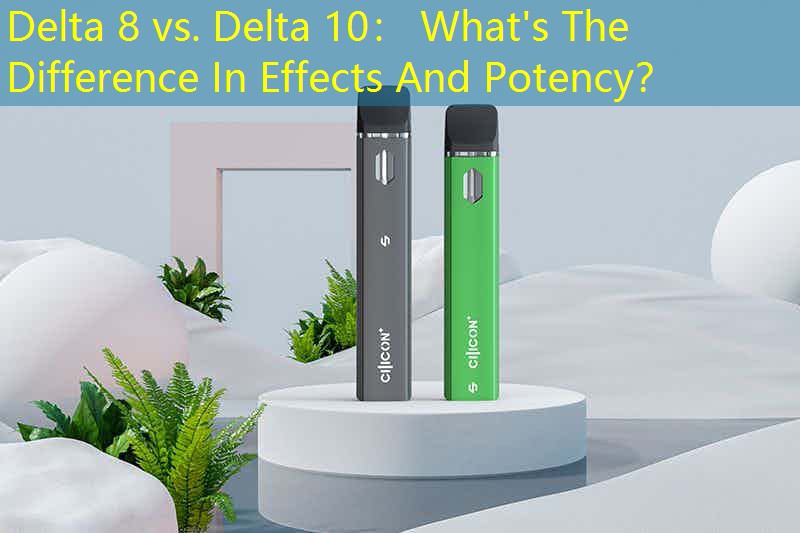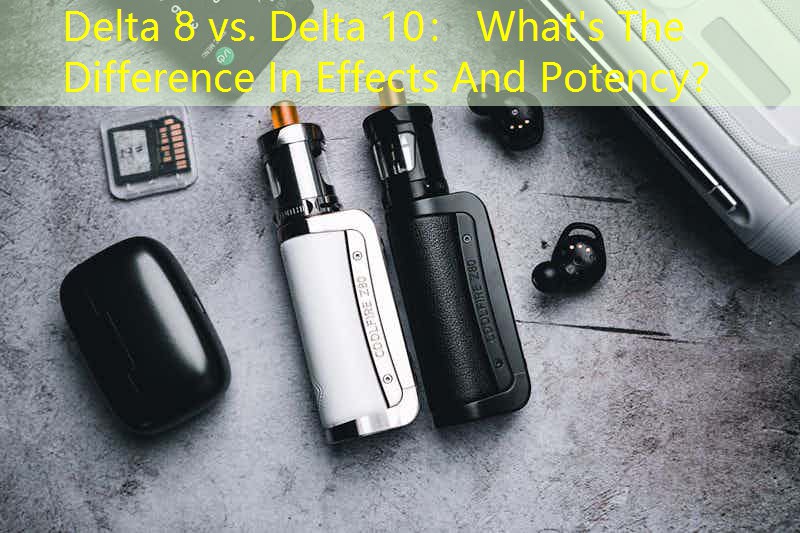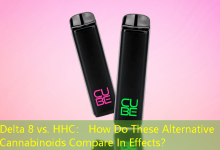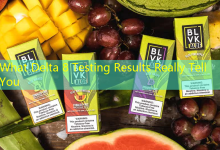Delta 8 vs. Delta 10: What’s The Difference In Effects And Potency?
In recent years, cannabinoids derived from hemp have surged in popularity, with Delta-8 THC and Delta-10 THC emerging as two of the most talked-about variants. Both of these compounds come from the cannabis plant and share some similarities, but they also possess distinct effects, potencies, and applications. This article aims to provide a comprehensive comparison of Delta-8 and Delta-10 THC, covering product specifications, user experiences, and key differences.
Product Introduction and Specifications
Delta-8 THC
Delta-8 THC is a cannabinoid found in minimal quantities in hemp and cannabis plants. As a minor cannabinoid, it has become more prevalent in the market due to its legal status in many areas and its milder psychoactive effects compared to Delta-9 THC, the primary intoxicating compound in cannabis.
– Appearance: Delta-8 products often come in various forms, including distillates, tinctures, edibles, and vape cartridges. They typically have a golden hue when in oil form and can appear clear or slightly amber in other forms.
– Potency: Delta-8 THC is known to be about 50% as potent as Delta-9 THC, making it a moderate option for users seeking mild psychoactive effects.
Delta-10 THC
Delta-10 THC, another cannabinoid gaining momentum, is synthesized from CBD or Delta-9 THC. Its potency is often described as lower than that of Delta-8, providing a more uplifting and cerebral experience.
– Appearance: Delta-10 products, like their Delta-8 counterparts, are available in distillate, vape cartridge, and edible forms. They tend to have a similar appearance, showcasing a clear golden oil.
– Potency: Delta-10 THC is generally considered less potent than both Delta-9 and Delta-8 THC, offering a milder psychoactive effect.
Sensory Experience: Flavor and Duration
Best Flavors

Both Delta-8 and Delta-10 products are available in a variety of flavors, especially in edible and vape forms. Manufacturers often exploit popular flavors like watermelon, blueberry, and natural cannabis terpenes to enhance the user experience.
Duration of Effects
The duration of effects for both Delta-8 and Delta-10 THC can vary based on the method of consumption:
– Delta-8 THC: Users typically report effects lasting between 4 to 8 hours, influenced by dosage and individual metabolism.
– Delta-10 THC: Slightly shorter in duration, effects usually last between 2 to 6 hours, often described as a more rapid onset and a quicker fade.
Battery Life and Charging Performance
In the case of vape products, battery life is a crucial aspect. Most vape cartridges contain a standard 510-thread connection and can be used with various battery options. Quality batteries may last between several hours to days of continuous use. Rechargeable options typically charge within 1-2 hours, providing reliable performance for users.
Usage Method
Each cannabinoid can be consumed in diverse ways, with the method chosen affecting the onset and experience. Popular consumption methods include:
– Vaping: Offers rapid onset of effects and easy dosage control.
– Edibles: Provide a longer-lasting experience but with a delayed onset time, typically ranging from 30 minutes to 2 hours.
– Tinctures/Oils: Generally allow for sublingual absorption, leading to quicker effects compared to edibles.
Pros and Cons
Delta-8 THC
Pros:
– Milder psychoactive effects, making it suitable for newcomers or those sensitive to THC.
– Greater availability and legal acceptance in many regions.
Cons:
– May still produce some psychoactive effects, leading to potential discomfort for some users.
Delta-10 THC
Pros:
– Often noted for its energizing effects, making it ideal for daytime use.

– Lower psychoactive potency may appeal to users seeking a more functional high.
Cons:
– Effects may not be as pronounced, which could disappoint seasoned cannabis users seeking stronger effects.
Target Audience Analysis
Both Delta-8 and Delta-10 THC attract different user demographics:
– Delta-8 Users: Generally appeal to recreational users and medical patients looking for relief from anxiety, pain, and mild stress, without the intense high associated with Delta-9 THC.
– Delta-10 Users: More typically favored by individuals seeking concentration, creativity, and a boost in energy during the day. Ideal for professionals and creatives alike.
Conclusion
In conclusion, Delta-8 and Delta-10 THC present two compelling options for consumers exploring cannabinoids. While Delta-8 offers a more potent experience akin to traditional cannabis, Delta-10 appeals to those desiring a milder, more uplifting effect. Understanding their differences in potency, duration, and overall sensory experiences can help users choose the right product for their individual needs.
As the cannabinoid landscape continues to evolve, knowledge about these compounds becomes increasingly important for both seasoned users and newcomers alike.







